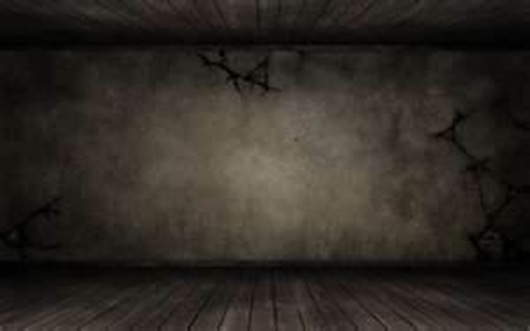David Bentley Hart is an Eastern Orthodox theologian, who has contributed articles to such publications asThe Wall Street Journal, The New Atlantis, First Things, and Touchstone. His book, The Beauty of the Infinite:The Aesthetics of Christian Truth,1 is a repudiation of postmodernism.
In this selection from a piece Hart wrote for The New Criterion, he exposes a great lie of this age, namely that movement away from religion is movement toward ecstatic liberation, glad communion with nature, and a flowering of the personality. Nothing could be further from the truth. The one who denies God loses access to the true source of wonder, joy, and life-giving understanding.
[N]ow that the initial, delirious raptures of eighteenth and nineteenth-century atheism have long since subsided, and a sober survey of the landscape left behind by God’s departure has become possible, only the most ardently self-deluding secularist could possibly fail to see how much of the moral, imaginative, creative, and speculative glory of humanity seems to have vanished from the earth. Far from draining the world of any intrinsic meaning, as many of the critics of religion are wont to claim, faith in the divine source and end of all reality had charged every moment of time with an eternal significance, with possibilities of transcendence, with a reason for moral striving and artistry and dreams of future generations. Materialism, by contrast, when its boring mechanistic reductionism takes hold of a culture, can make even the immeasurable wonders of matter seem tedious, and life seem largely pointless.2
![]()
Footnotes:
![]()
1 David B. Hart, The Beauty of the Infinite: The Aesthetics of Christian Truth (Grand Rapids, MI: Eerdmans, 2003).
2 David B. Hart , “Beyond Disbelief,” review of The Twilight of Atheism: The Rise and Fall of Disbelief in the Modern World, by Alister McGrath,The New Criterion (June 2005), 80.





